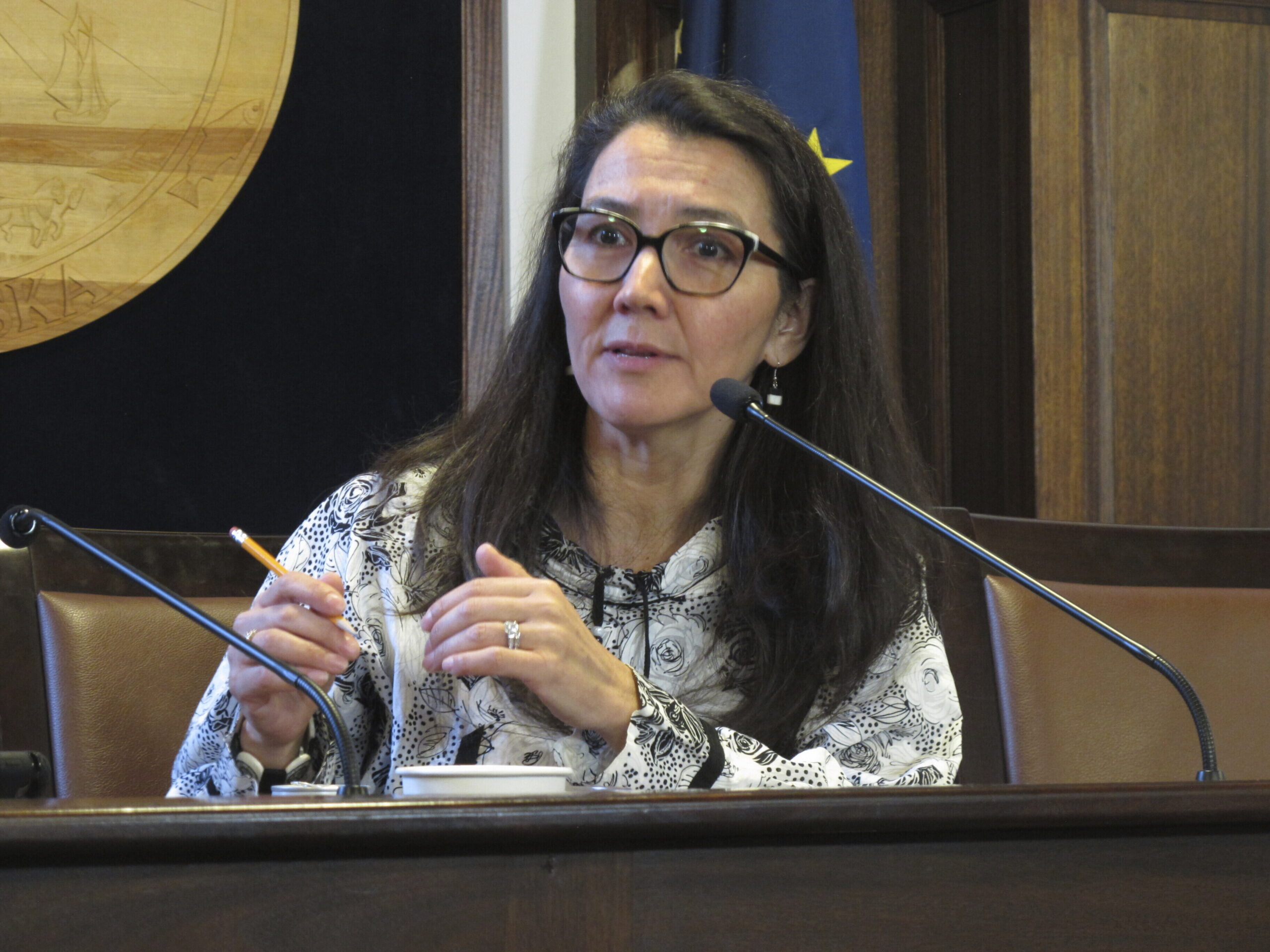
UPDATE: The landscape of study abroad for American students is shifting dramatically, with nearly 300,000 US students studying internationally for academic credit in the 2023-2024 academic year, marking a 6% increase from the previous year. This surge comes as many students seek to escape soaring educational costs at home and embrace global opportunities.
The Institute of International Education reports that popular destinations include Italy, Spain, the United Kingdom, and France. However, this revival is clouded by rising costs and an increasingly hostile political climate. The Trump administration’s recent funding cuts, including a withdrawal of $100 million from international exchange programs, has left many students and institutions in a state of uncertainty.
As American students rush to secure their spots overseas, financial pressures mount. Colleges are struggling with budget constraints, leading to reduced scholarships and an emphasis on retaining tuition revenue. Ryan Dye, executive director of AIFS Abroad, notes that institutions are urging students to remain stateside, thereby limiting opportunities abroad.
Increased applications from American students seeking to study in the UK have surged by 14% for the fall 2025 semester, while Canadian institutions like the University of British Columbia report a 27% jump in graduate applications from US students. Melissa Torres, president of the Forum on Education Abroad, confirms that the demand for study abroad is at an all-time high.
Despite the enthusiasm, the path to studying abroad is fraught with challenges. Financial aid remains precarious, particularly after the Trump administration paused key funding for programs such as the Gilman Scholarship. Although funding was eventually restored, the uncertainty has left students scrambling to secure necessary resources.
The political environment also weighs heavily on students. Genevieve Klein, a college junior studying in Paris, expressed her concerns about how Americans are perceived abroad. “It makes me more aware of the assumptions others may have based on our political climate,” she stated.
Beyond the financial and political hurdles, the transformative potential of studying abroad is undeniable. Research indicates that students who study internationally earn an average of $4,159 more in their first job after graduation. With 90% of alumni reporting that their experiences helped them build essential job skills, the stakes have never been higher.
As students navigate these turbulent waters, the question remains: Can they afford the opportunity? The increasing costs of study abroad programs may widen the gap between those who can participate and those who cannot, potentially shaping the future workforce.
With less funding available and a challenging political backdrop, the urgency for students to take advantage of these opportunities has never been greater. Next steps for prospective study abroad students include securing financial aid, selecting programs carefully, and staying informed about shifting policies that could impact their plans.
As the world reopens and the allure of international education beckons, American students are urged to act swiftly to seize these opportunities before they slip away amidst rising costs and political uncertainty.






